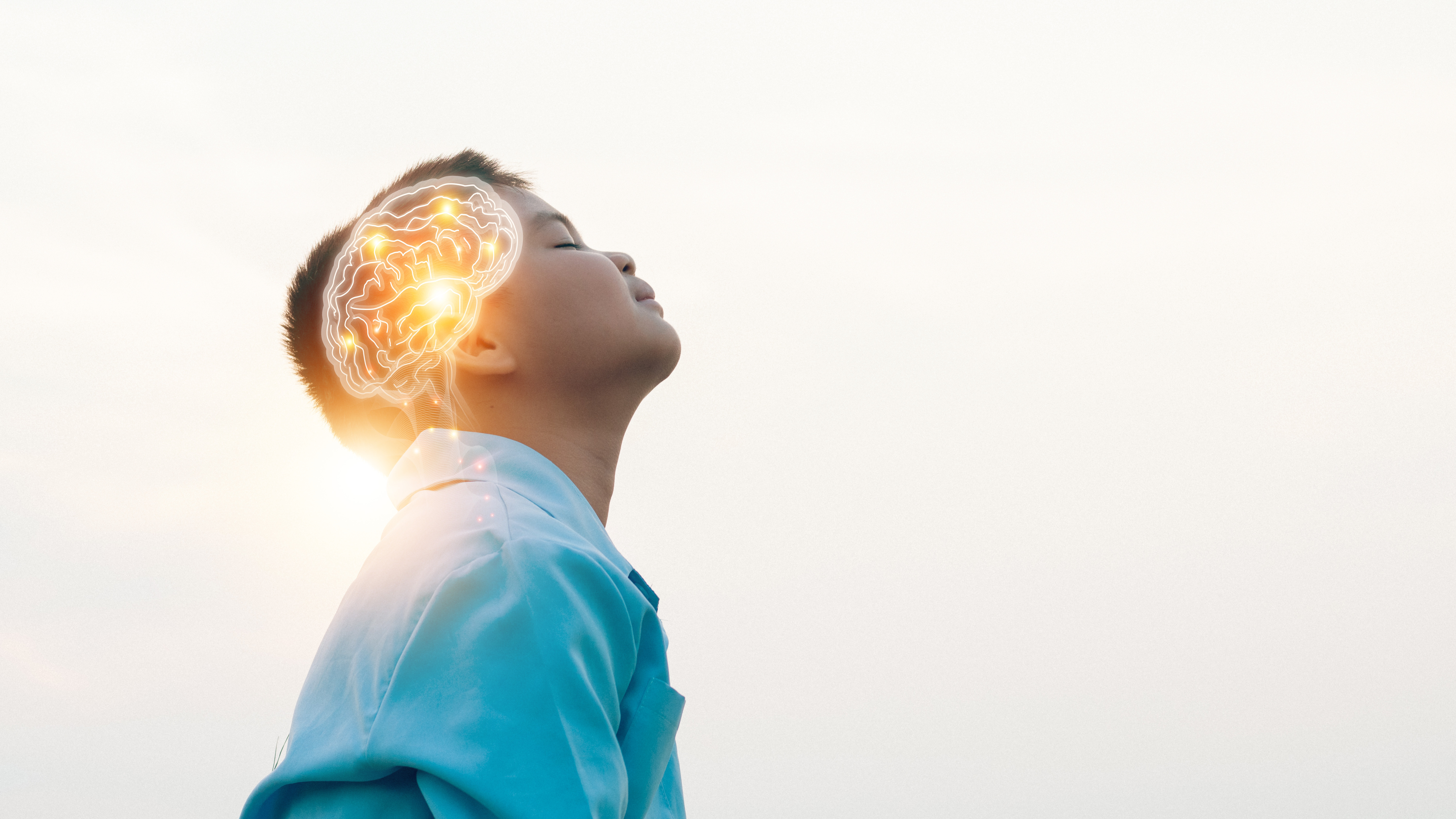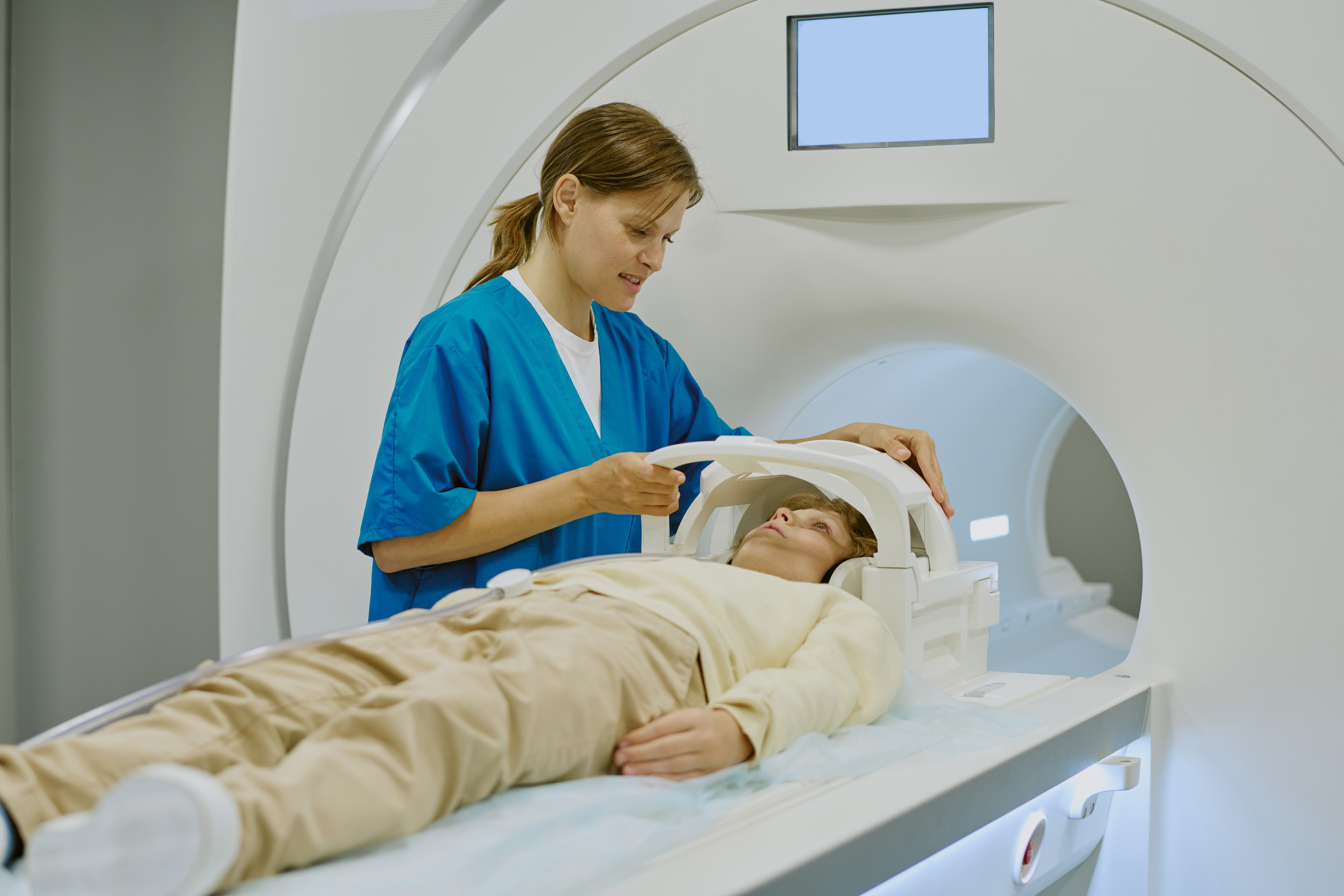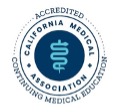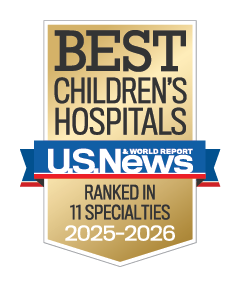Pediatric Traumatic Brain Injuries


Experts in sports medicine, pediatric neurology and pediatric surgery come together to deliver the information and guidance clinicians need to diagnose concussion in young patients, assess the severity of traumatic brain injuries, determine which children need imaging, and counsel families appropriately about workup options and recovery. The specialists describe how to perform efficient and effective screening, provide a flowchart for making decisions on testing and supportive care, and note factors that mean a CT scan is warranted (as well as when there's value in escalating to MRI). Also covered: how to understand impact seizures, why treatment has shifted from cocooning toward aerobic activity, and what recovering athletes and parents should know about the risk of a second concussion..
Learning Objectives:
-
Identify key signs and symptoms of pediatric TBI and confidently diagnose concussion based on clinical evaluation.
-
Implement evidence-based acute management strategies for concussion, including return-to-learn (RTL) and return-to-play (RTP) protocols
-
Evaluate the appropriate use and limitations of imaging and neuropsychological testing in pediatric TBI diagnosis and management.
- Navigate local referral pathways and resources to ensure comprehensive support for pediatric TBI patients and families.
- Recognize indications to obtain cross-sectional imaging after head trauma.
Target audience:
Primary Care (Pediatricians and Family Practice)
Disclosures:
No one involved in the planning or presentation of this activity has any relevant financial relationships with a commercial interest to disclose.
 Accreditation Statement
Accreditation Statement
UCSF Benioff Children’s Hospital Oakland is accredited by the California Medical Association (CMA) to provide continuing medical education for physicians. UCSF Benioff Children’s Hospital Oakland takes responsibility for the content, quality and scientific integrity of this CME activity.
UCSF Benioff Children’s Hospital Oakland designates this educational activity for a maximum of 1.0 AMA PRA Category 1 Credit(s)™. Physicians should only claim credit commensurate with the extent of their participation in the activity. This credit may also be applied to the CMA Certification of Continuing Medical Education.






